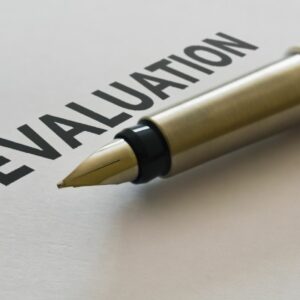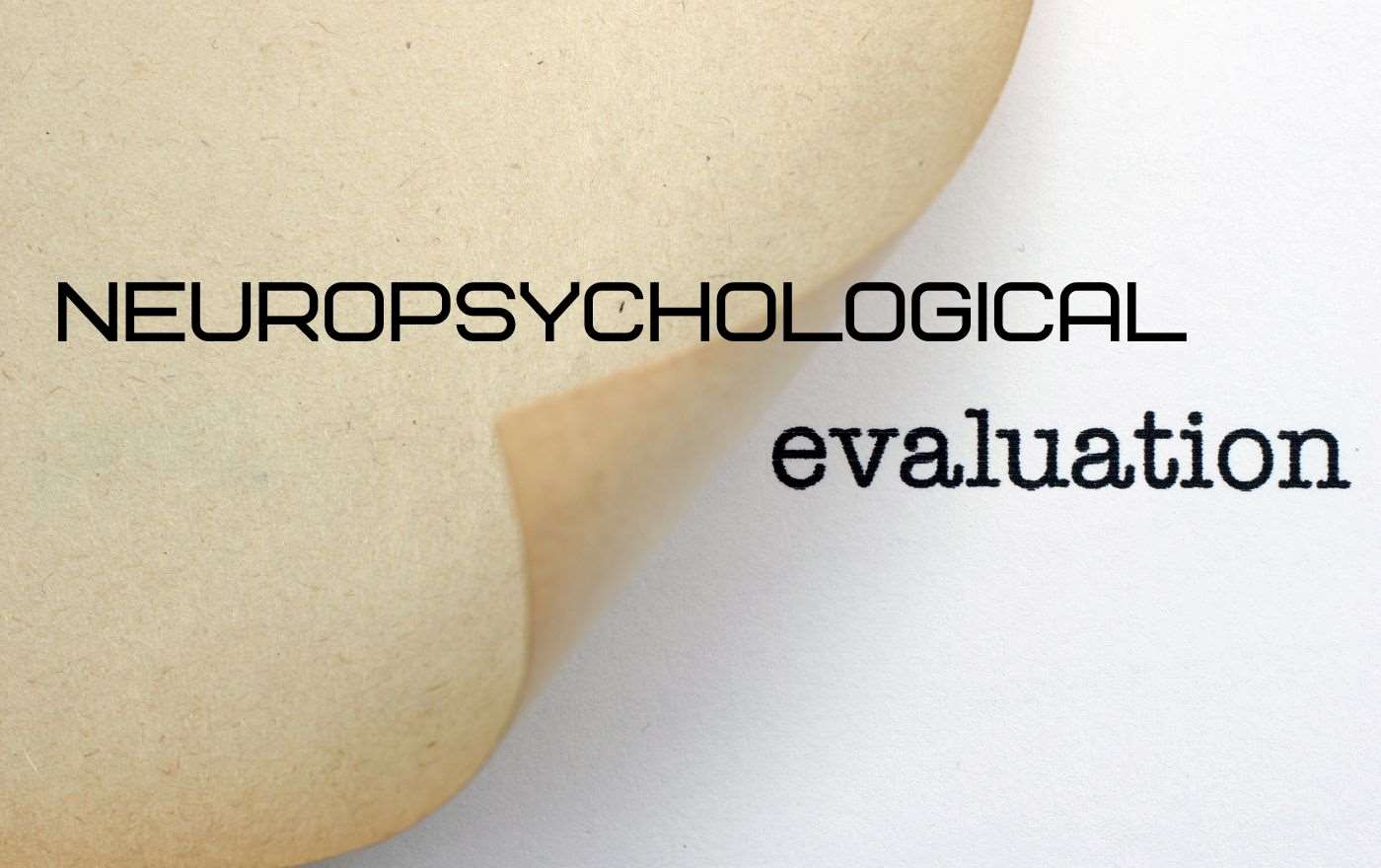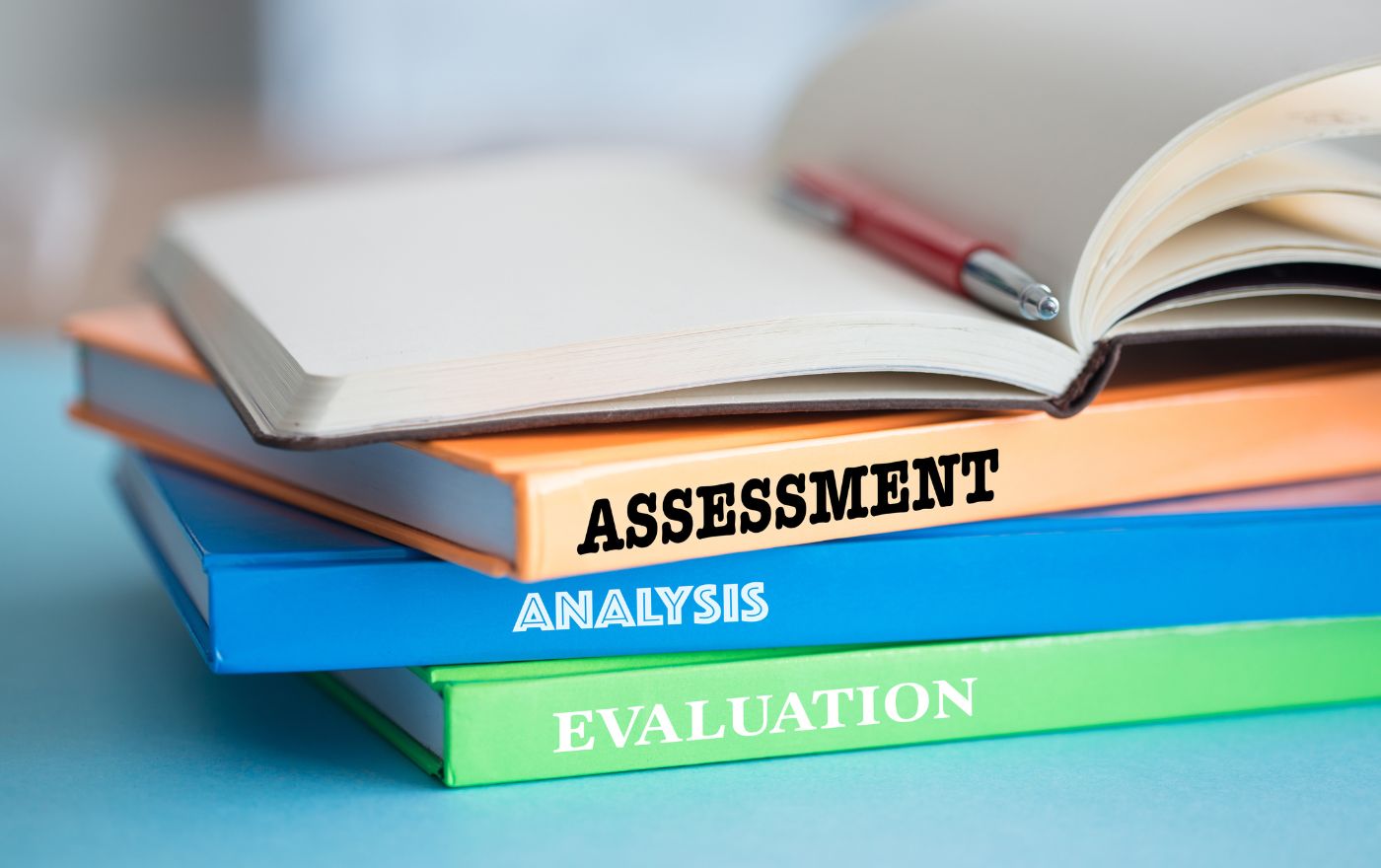
10 Nov Private Neuropsychological Evaluations Funded By the DOE
PRIVATE NEUROPSYCHOLOGICAL EVALUATIONS FUNDED BY THE DOE

IEE (Independent Educational Evaluation)
An IEE stands for Independent Educational Evaluation. It’s an evaluation of a student’s educational needs and abilities conducted by a qualified professional who is not employed by the school district. When a family disagrees with the findings or recommendations of the school’s evaluation, they can request an IEE. The school district may fund this independent evaluation or provide a voucher for it, such as AA2 or AA8.
AA2 and AA8 (Vouchers)
AA2 and AA8 are terms used to describe vouchers or assessment authorization forms provided by the Department of Education (DOE). AA2 vouchers may be issued to a family when they request an IEE, covering a portion of the cost of a neuropsychological evaluation by an authorized provider. The school may provide AA8 vouchers to a family to cover the cost of a private neuropsychological evaluation from a provider of their choice.
Private Neuropsychological Evaluations for Preschool
The preschool special evaluation is a comprehensive assessment conducted by a team of educational and medical professionals to determine if a child has a disability and to what extent they require special education services. This evaluation is essential for creating an Individualized Education Program (IEP) that outlines the child’s strengths, needs, and educational goals. Eligibility for preschool special education is determined through an individual evaluation in the child’s native language conducted by a multidisciplinary team. The evaluation assesses cognitive, language, adaptive, social-emotional, and motor development to identify the child’s unique needs.

Initial Evaluation
The Department of Education (DOE) will comprehensively evaluate your child to assess all aspects of the suspected disability. This evaluation encompasses various components, including:
1. Social History: An interview with you to gather information about your child’s development and family history.
2. Psychoeducational Assessment: A test to assess your child’s knowledge and learning abilities.
3. Observation: An observation of your child in their classroom environment.
4. Physical Examination: An up-to-date report from your doctor regarding your child’s vision, hearing, and overall health. If obtaining this report is challenging, you can request assistance from the IEP team, CSE, or CPSE to arrange a cost-free examination.
5. Additional Assessments, as required: This may include evaluations related to speech and language, sign language proficiency, occupational and/or physical therapy, functional behavior assessment (FBA), assistive technology (AT), school records, teacher assessments, and interviews to determine work skills and interests. These additional assessments may be necessary based on your child’s needs and circumstances, especially if your child is 12 or older.
This thorough evaluation process is essential for understanding your child’s unique requirements and is part of the assessment conducted to determine eligibility for specialized education services.
Independent Assessments Paid for by the DOE
In cases where you have reservations about an evaluation carried out by the DOE, you can request an independent assessment funded by the DOE. To initiate this process, you should submit a written request to the IEP team, CSE, or CPSE. Upon receiving your request, the DOE will either approve the funding for an independent assessment or commence an impartial hearing to address the disagreement.
Bilingual Assessments for Language Diversity
If English is not your home language, your child needs to undergo a bilingual assessment conducted in both English and your child’s native language.
For Preschool-Age Children:
The languages to be assessed are determined by an agency listed in the referral packet. To find an agency capable of performing a bilingual assessment, please reach out to your CPSE or ECDC for guidance.

For School-Age Students:
Your child’s bilingual assessment will be based on two key factors:
- The language spoken in your home, as indicated on the Home Language Identification Survey.
- Results from either the New York State Identification Test for English Language Learners (NYSITELL) or the New York State English as a Second Language Achievement Test (NYSESLAT). You can learn more about these assessments for English language learners.
A bilingual evaluator from the DOE will be assigned to conduct the assessment. If a bilingual evaluator is not available, one of the following options will be utilized:
- A bilingual evaluator employed by an agency under contract.
- A monolingual evaluator, accompanied by a spoken language or sign language interpreter.
- An independent bilingual evaluator not affiliated with the DOE.
Options for Pursuing a Neuropsychological Evaluation:
Option 1: Independent Educational Evaluation (IEE)
- Request an IEE from the DOE if you disagree with the school’s evaluation.
- The DOE may issue a voucher (like AA2) to your family and provide a list of authorized evaluation providers.
- Contact one of the authorized providers to schedule the evaluation.
- Staying in touch with DOE representatives can expedite this process.
Option 2: Due Process Complaint and Impartial Hearing
- Request a DOE-funded neuropsychological evaluation at market rate through a due process complaint and impartial hearing.
- This request is typically part of a larger due process complaint.
- An impartial hearing officer must approve this request before proceeding.
Option 3: Resolution Agreements at the District Level
- Some families reach agreements with the school district for a neuropsychological evaluation.
It’s important to note that the DOE’s responsiveness can vary across these options. In most cases, the first option (IEE with a voucher) is quicker if you stay in touch with DOE representatives. Keep in mind that voucher rates may be below the market rate, but some families have successfully negotiated higher rates.
Additionally, some recent experiences suggest that parents can request neuropsychological evaluations directly from school social workers or psychologists, and the DOE has issued vouchers for these evaluations without needing a hearing or mediation. This practice may not be widespread, so parents should inquire about this option with their child’s school.
Furthermore, parents and caregivers are encouraged to interview providers on the DOE’s list, ask questions, and request the list to contact providers themselves. Some districts may try to hire contractors who do not provide comprehensive evaluations, so it’s essential to ensure that the chosen provider conducts an independent neuropsychological assessment. Parents should also inquire about the specific tests and assessments planned for their child and be proactive in advocating for their child’s needs during meetings with the school.
Craig Selinger
Latest posts by Craig Selinger (see all)
- Psychotherapy and Support Services at Cope With School NYC - April 12, 2024
- NYC Parents of Teens Support Group - April 8, 2024
- Here I Am, I Am Me: An Illustrated Guide to Mental Health - April 4, 2024


No Comments